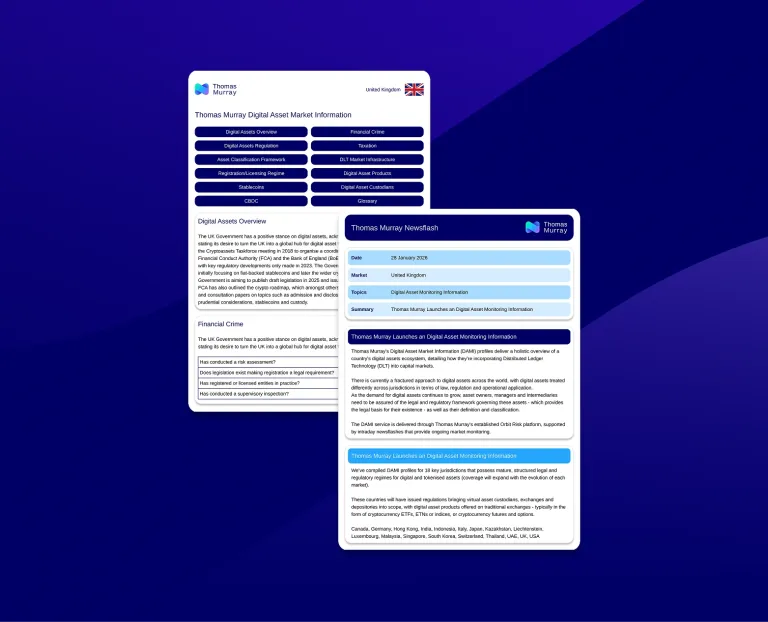Error message
Deprecated function: pathinfo(): Passing null to parameter #1 ($path) of type string is deprecated in Drupal\image\Entity\ImageStyle->supportsUri() (line 389 of core/modules/image/src/Entity/ImageStyle.php).Over the past 15 years, Jersey has joined the rest of the world in embracing numerous new technologies and systems, creating opportunities for the island’s economy and society. However, with these advancements come new risks, particularly in cybersecurity, as threat actors continuously evolve their tactics to exploit vulnerabilities and access sensitive data.
As an independent jurisdiction, Jersey faces a unique blend of risks. It manages its own critical infrastructure (power, water supplies, and healthcare), and the island’s economy relies heavily on professional industries that handle sensitive information, making it a potential target for cyber attacks with far-reaching consequences.
Jersey’s financial regulator (the Jersey Financial Services Commission) was rudely reminded of this in January 2024, when it discovered a bug had compromised its online registry system. The bug had been on the system for three years – that is, ever since the system was installed in January 2021.
As a result, users of the registry search portal could see the names and addresses of 67,000 beneficial owners, controllers, directors, members, nominated persons, and company secretaries that were not supposed to be made public. It is still not known whether threat actors have used this information.
Meeting the challenges
The Government of Jersey established the Jersey Cyber Security Centre (JCSC) in 2021 as part of the Department for the Economy. The JCSC works to prevent, protect, and defend the island against cyber threats. Jersey is now establishing a legal framework to support the JCSC’s aims without imposing ‘undue burdens on industry’ – the Cyber Security (Jersey) Law (CSJL).
Consultations and reporting standards
The law introduces reporting standards for operators of essential services (OES), i.e., the critical organisations obligated to enhance cybersecurity and promptly notify JCSC and customers of significant cyber incidents.
To ensure broad stakeholder engagement, the Government and JCSC are conducting consultations, with specific focus on OES requirements. Feedback from these consultations will inform the final version of the CSJL, which is intended to be the product of a collaborative effort.
The second round of consultation on the proposed CSJL closed at the end of April 2024. That consultation sought feedback from OES, and the next consultation phase (scheduled for Q3 2024) will focus on how OES are going to implement the requirements of Part 4, Part 5, and Schedule 3 of the CSJL.
The draft legislation defines the role and accountability of the JCSC as an operationally independent body, empowered to collaborate with organisations in confidence in the event of cyber incidents. Additionally, it establishes a Technical Advisory Council (TAC) to provide expert guidance, and mandates regular reporting to ensure transparency.
Who are the OES and who will be most affected?
For the purposes of the CSJL, an OES is defined as, “any service which is essential for the infrastructure of Jersey or the maintenance of critical societal or economic activities in Jersey.”
This includes utilities such as water and power, and infrastructure services like transport and communication. Crucially, it also covers financial services.
The list extends to all financial service establishments engaged in trust companies, investment businesses, money services, fund services, and general insurance mediation, along with banks. All must incorporate the anti-cyber-crime measures outlined in the CSJL for their network and information systems.

Orbit Security
Insights

Why 72 hours is the New Standard for M&A Cyber Due Diligence
A decade ago, cyber due diligence sat somewhere between “nice to have” and “we’ll deal with it post-close.” That world no longer exists.

Thomas Murray Launches Digital Asset Market Information (DAMI)
Thomas Murray, a global leader in risk management, due diligence, and cybersecurity services, is proud to announce the launch of Digital Asset Market Information (DAMI).

Solving the "Scale Paradox": How to Automate Portfolio Oversight with Fewer People
In 2026, private equity technical teams are facing a "Scale Paradox": portfolios are growing in complexity, while in the internal teams responsible for operations and cybersecurity oversight, headcounts remain stagnant.

How Private Equity Hackers Choose Their Targets
Private equity firms sit at the intersection of high-value financial transactions, sensitive deal data, and an expanding portfolio of technology heavy portfolio companies – and it’s this combination that makes PE an attractive target for cyberthreat actors.


